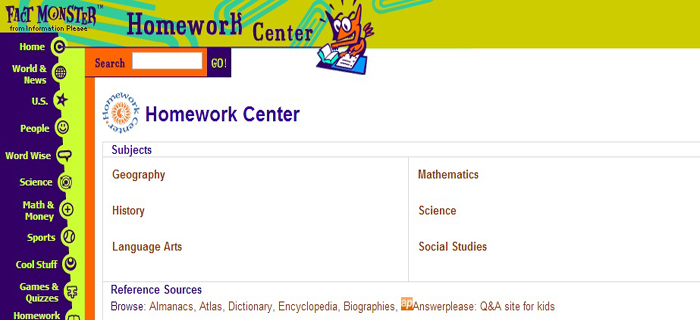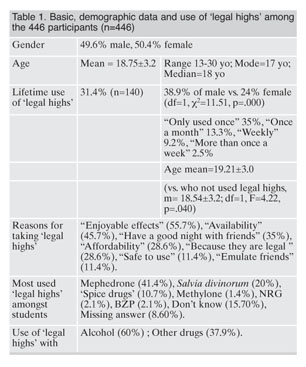An Essay Concerning Humane Understanding. - Gutenberg.
An Essay Concerning Human Understanding by John Locke is one of the great books of the Western world. It has done much to shape the course of intellectual development, especially in Europe and America, ever since it was first published in 1690. Few books have ever been written that have so adequately represented the spirit of an age or left so great an imprint on so many different fields of.
Locke, John (1632-1704), philosopher; This page summarises records created by this Person The summary includes a brief description of the collection(s) (usually including the covering dates of the collection), the name of the archive where they are held, and reference information to help you find the collection. Surname: Locke: Forenames: John: Gender: Male: Date: 1632-1704: Biography: ODNB.
Essays for An Essay Concerning Human Understanding. An Essay Concerning Human Understanding essays are academic essays for citation. These papers were written primarily by students and provide critical analysis of An Essay Concerning Human Understanding by John Locke. Locke’s Proof Against Innate Mathematical Knowledge.
In An Essay Concerning Human Understanding, first published in 1690, John Locke (1632-1704) provides a complete account of how we acquire everyday, mathematical, natural scientific, religious and ethical knowledge. Rejecting the theory that some knowledge is innate in us, Locke argues that it derives from sense perceptions and experience, as analysed and developed by reason. While defending.
Essay; Critical Theory; English Periods; Literary Terms; Essay Concerning Human Understanding by John Locke John Locke is one of the influential English philosophers and is best known for his epistemological and political views. He observes knowledge to have begun with simple sense perceptions and combining these in to complex abstract ideas. He is the founder of empiricism with the basic.
Other posts on the site.
The Clarendon Edition of the Works of John Locke: Drafts for the Essay Concerning Human Understanding, and Other Philosophical Writings: In Three Volumes, Vol. 1: Drafts A and B. Eds Peter H. Nidditch and G. A. J. Rogers (1990) The Clarendon Edition of the Works of John Locke: Locke on Money, Vol. 1. Ed. Patrick Hyde Kelly (1991).
This is the greatest exercise and improvement of human understanding in the enlarging of knowledge, and advancing the sciences; wherein they are far enough from receiving any help from the contemplation of these or the like magnified maxims. Would those who have this traditional admiration of these propositions, that they think no step can be made in knowledge without the support of an axiom.
As Locke admits, his Essay is something of a mess, from an editorial point of view. What follows are what I take to be some of the most important passages from the book, grouped under topical headings in an attempt to make a coherent and systematic whole. Parts and headings are given in bold and are purely my invention. Section headings are given in italics, and are Locke’s. Otherwise, all.
Chapter I No Innate Speculative Principles. 1. The way shown how we come by any knowledge, sufficient to prove it not innate. It is an established opinion amongst some men, that there are in the understanding certain innate principles; some primary notions, koinai ennoiai, characters, as it were stamped upon the mind of man; which the soul receives in its very first being, and brings into the.
An Essay Concerning Human Understanding is a 1689 work by John Locke setting out a new theory of knowledge influenced by contemporary scientific developments. In Book 1 of the essay, Locke strongly attacked Cartesian rationalism and its doctrine that the human mind has access to innate ideas. In Book 2 he posited that the mind was like a white sheet of paper (often paraphrased as a 'blank.
An Essay Concerning Human Understanding Summary. John Locke's An Essay Concerning Human Understanding is a major work in the history of philosophy and a founding text in the empiricist approach to philosophical investigation. Although ostensibly an investigation into the nature of knowledge and understanding (epistemology) this work ranges.
In An Essay Concerning Human Understanding (1690), Locke established the philosophy of empiricism, which holds that the mind at birth is a blank tablet. Experience, Locke believed, would engrave itself upon the tablet as one grew. He felt humans should create theories according to experience and test them with experiments. This philosophy helped establish the scientific method. Locke codified.
/1958_autobiography_F1497_146.jpg)
















